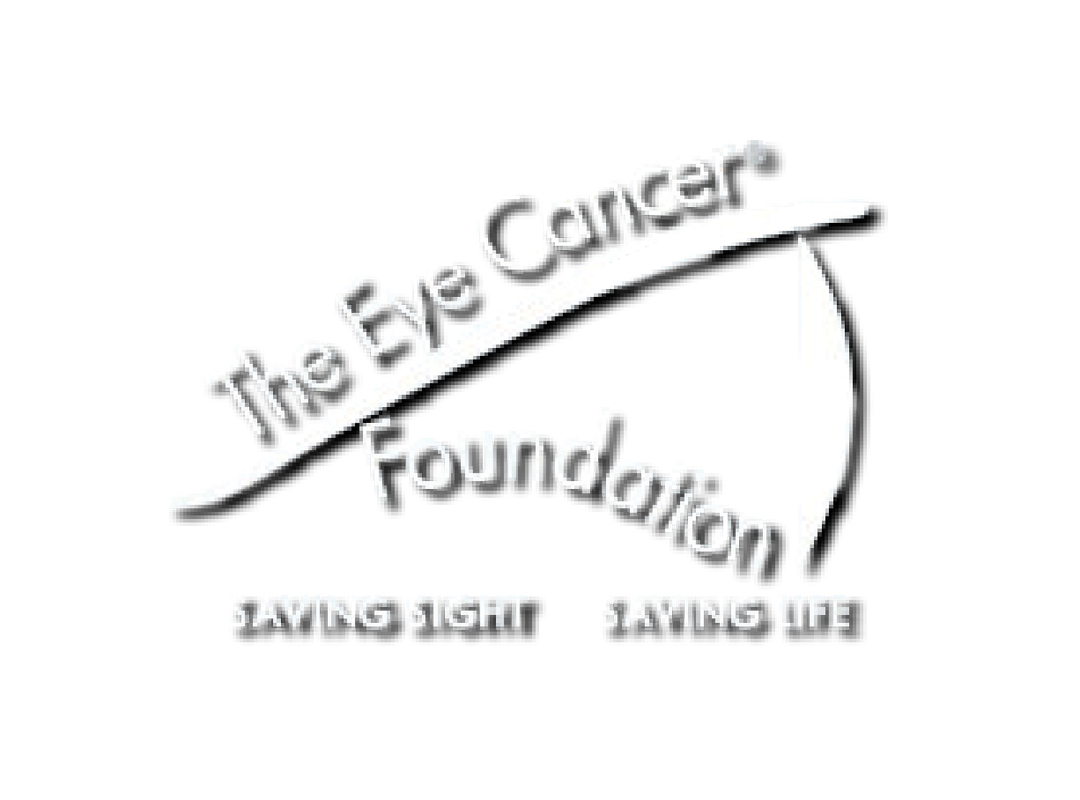Free At Last
Based on published guidelines from United States Nuclear Regulatory Commission (NRC), The New York Eye Cancer Center and its affiliate New York Eye and Ear Infirmary of Mt. Sinai have agreed that patients undergoing low energy (iodine-125 or palladium-103) eye plaque radiation therapy for intraocular melanoma are allowed to proceed with their lives as usual.
Before this change, eye plaque patients were required to almost quarantine themselves. They had to remain at home, maintain a distance of 6-feet from others, and no pregnant women or children were allowed to visit.
With the new changes, patients can use public transportation. We ended most of the radiation exposure precautions and restrictions (i.e. you may go to the park, restaurants, grocery stores…etc.). However, it is recommended that patients stay at home as much as possible and that they do not engage in activities that could dislodge the implant and/or seeds. As before, the patient's body fluids, clothing, and utensils ARE NOT radioactive and can be handled by others safely. We ask that the patient sleep alone and in a separate room away from anyone under the age of eighteen.
Dr. Finger says it’s about time: “With the radiation implants I use, eye cancer patients typically receive only a small fraction of the radiation given to patients undergoing implant radiation for other cancers, where patients are sent home on the day of implant.”
Though a few rules remain, they new radiation instructions are not nearly as strict. Free at last, patients can feel the sunlight, do their own shopping, and enjoy the company of their loved ones.
See Dr. Finger’s success rates in treating eye cancer!
Donate to The Eye Cancer Foundation and fund research, training, and treatment of eye cancer here in the U.S. and all over the world!
Receive the latest news and opportunities from The Eye Cancer Foundation. Please fill out the form below.
Before this change, eye plaque patients were required to almost quarantine themselves. They had to remain at home, maintain a distance of 6-feet from others, and no pregnant women or children were allowed to visit.
With the new changes, patients can use public transportation. We ended most of the radiation exposure precautions and restrictions (i.e. you may go to the park, restaurants, grocery stores…etc.). However, it is recommended that patients stay at home as much as possible and that they do not engage in activities that could dislodge the implant and/or seeds. As before, the patient's body fluids, clothing, and utensils ARE NOT radioactive and can be handled by others safely. We ask that the patient sleep alone and in a separate room away from anyone under the age of eighteen.
Dr. Finger says it’s about time: “With the radiation implants I use, eye cancer patients typically receive only a small fraction of the radiation given to patients undergoing implant radiation for other cancers, where patients are sent home on the day of implant.”
Though a few rules remain, they new radiation instructions are not nearly as strict. Free at last, patients can feel the sunlight, do their own shopping, and enjoy the company of their loved ones.
See Dr. Finger’s success rates in treating eye cancer!
Donate to The Eye Cancer Foundation and fund research, training, and treatment of eye cancer here in the U.S. and all over the world!
Receive the latest news and opportunities from The Eye Cancer Foundation. Please fill out the form below.



